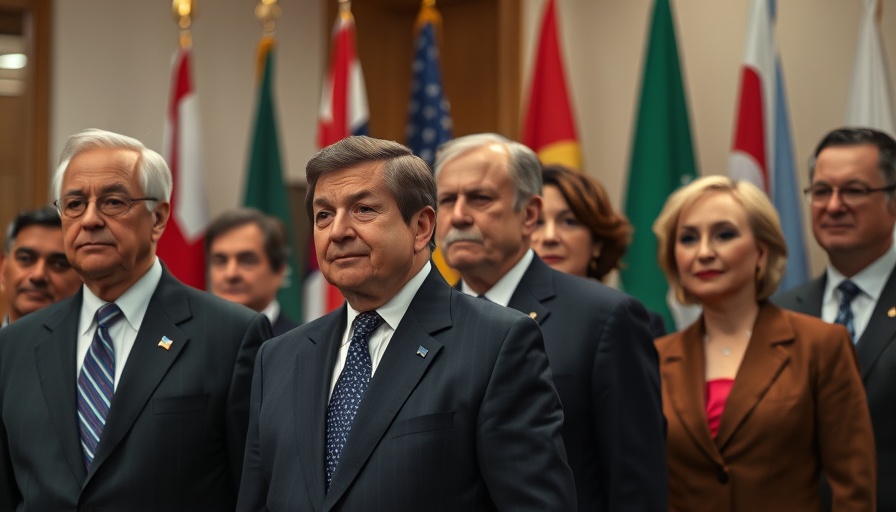
Unpacking the Misconceptions Around Russia's Invasion of Ukraine
Recent statements from former President Donald Trump regarding the war in Ukraine have sparked significant debate among experts. Trump's assertion that Ukraine's ambitions to join NATO were the catalyst for Russia's invasion contradicts historical analysis provided by many historians and political analysts. His comments, made in a Time magazine interview, suggest a simplistic view of a complex situation that has been unfolding for decades.
The Historical Context of Russia-Ukraine Relations
According to Serhii Plokhy, a professor at Harvard and noted historian on Russian-Ukrainian relations, the roots of the conflict go back to Russia's early threats to Ukraine’s sovereignty during the era of Boris Yeltsin. The 2014 annexation of Crimea was not merely a reaction to NATO but was also fueled by Ukraine's desire for a closer relationship with the European Union and an assertion of national identity.
Why Trump's Views Are Worrisome
Experts warn that Trump's misunderstanding of the conflict could lead to peace proposals that unwittingly favor Russian expansionism. His comments imply that Ukraine should compromise its aspirations to avoid further aggression from Russia, which has historically leveraged such situations to increase its regional dominance.
The Potential Risks for the Future
If current U.S. leaders adopt views similar to Trump's, Ukraine may find itself further isolated in its struggle against Russian aggression. Understanding the true history of this conflict is paramount for policymakers to create informed strategies that can help Ukraine defend its sovereignty and independence.
Takeaway for Tech and Defense Enthusiasts
For those engaged in the fields of aerospace and defense, the implications of international conflicts like the one in Ukraine extend beyond mere geopolitics. The developments in technology, military strategy, and cybersecurity during conflicts reshape industry directives and innovation trajectories. Awareness and understanding of these issues are essential.
 Add Row
Add Row  Add
Add 




Write A Comment